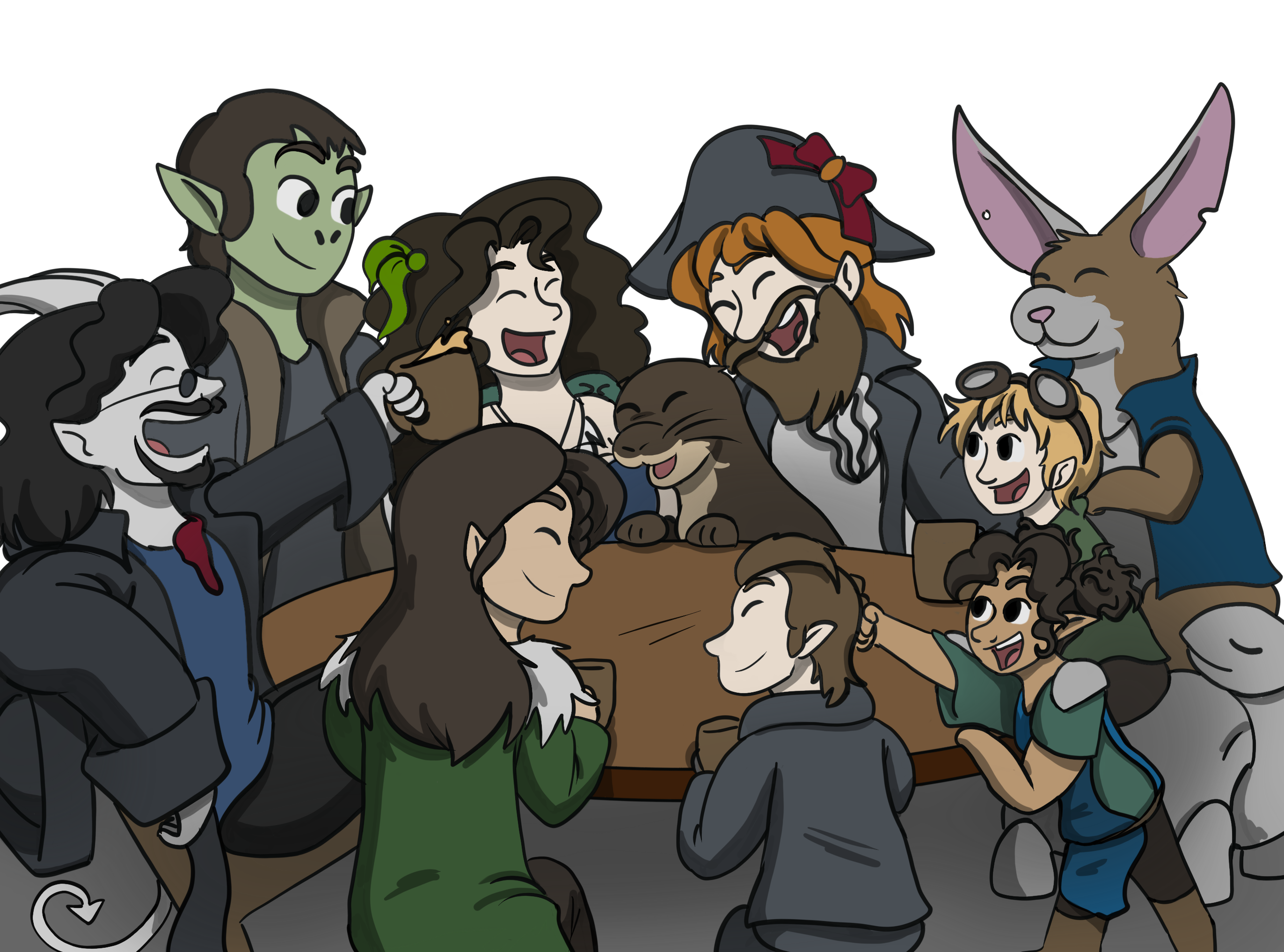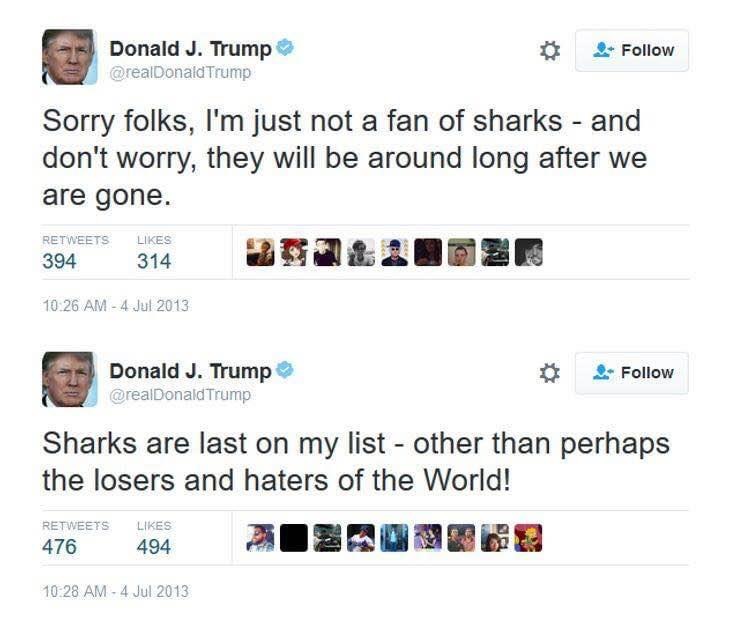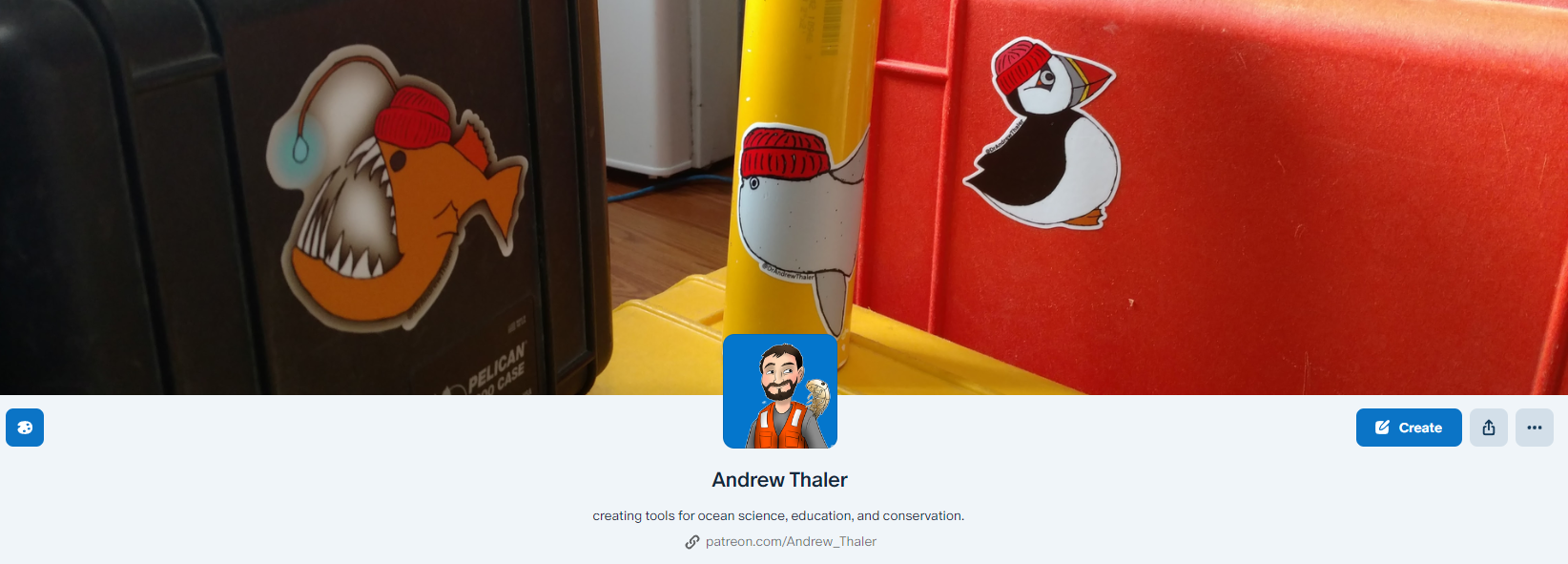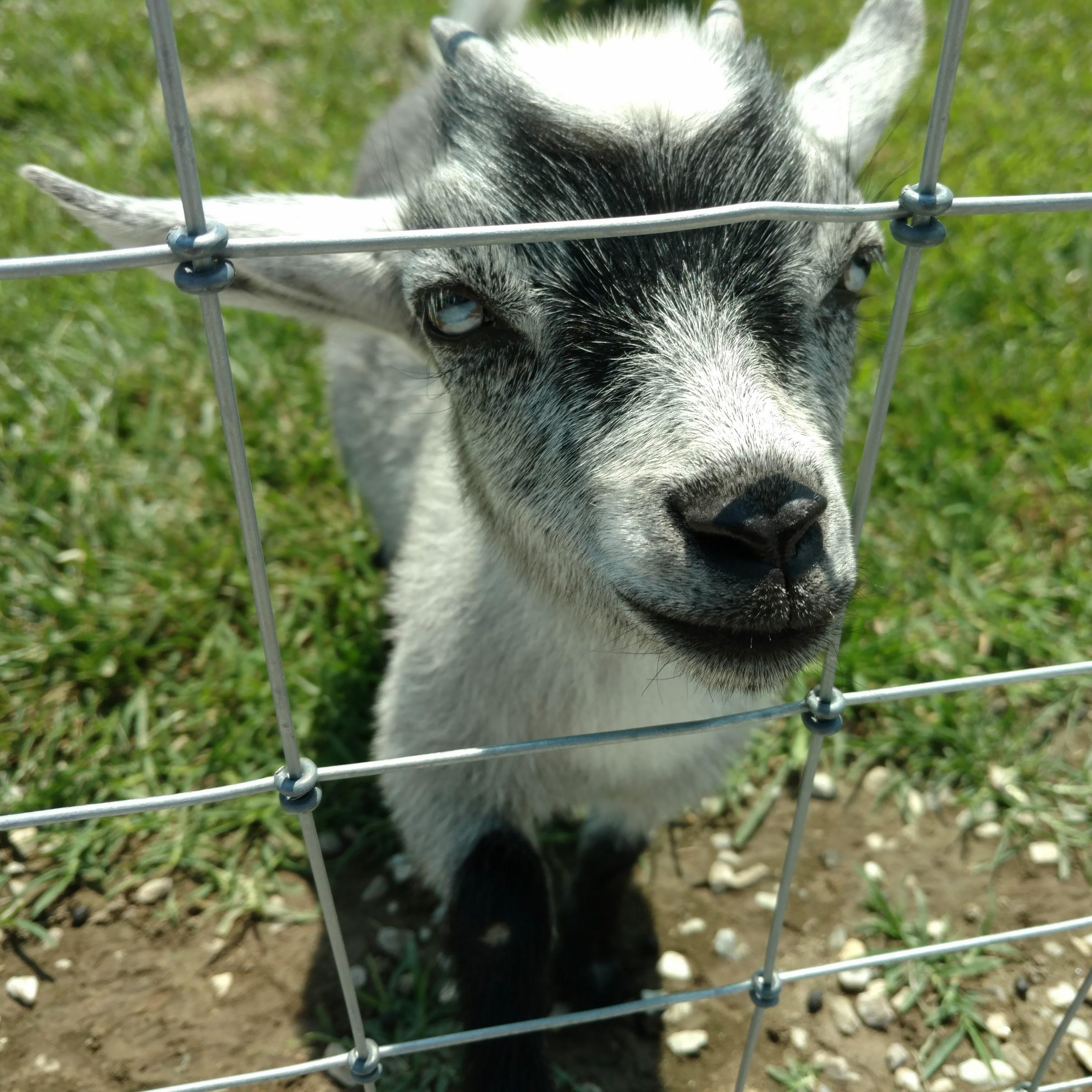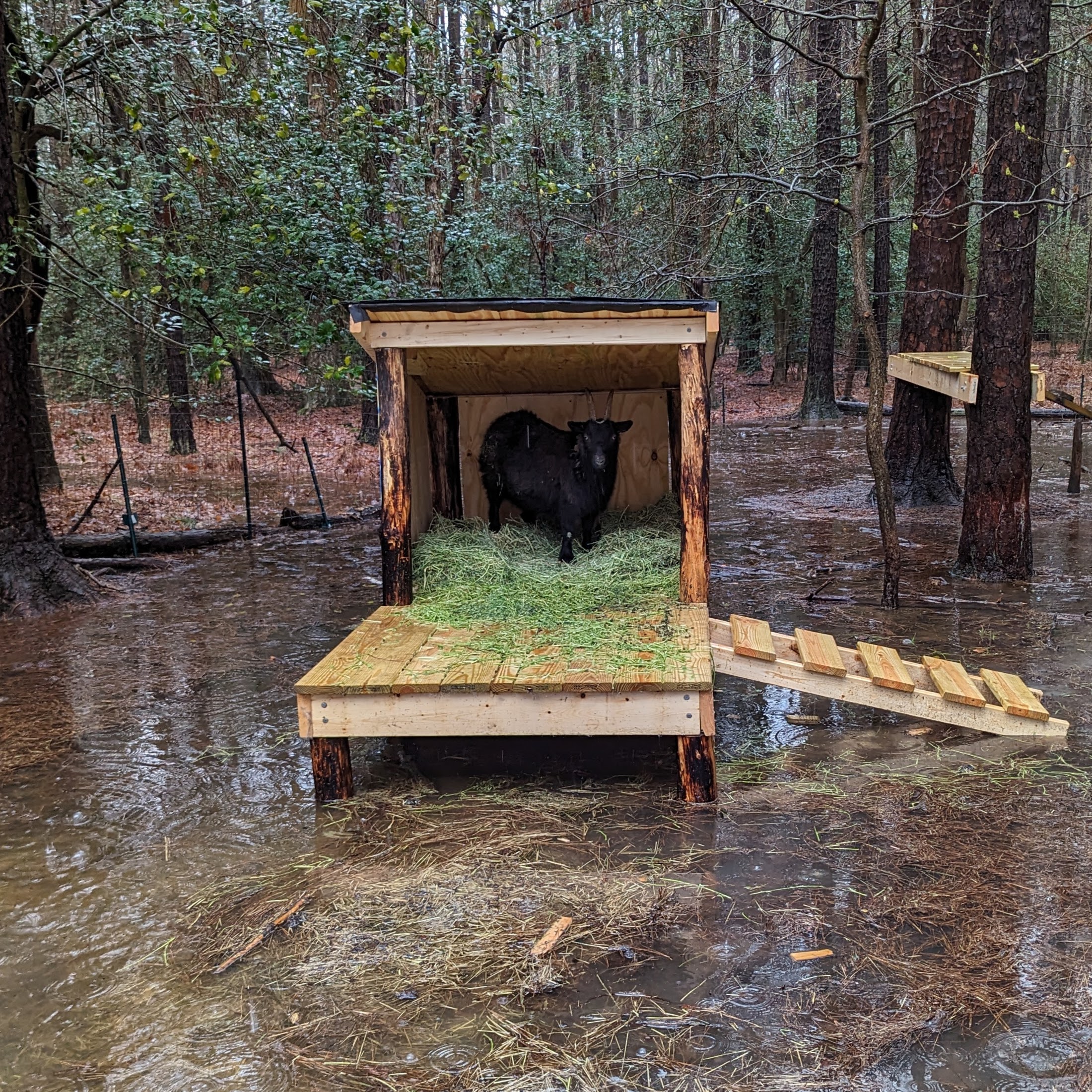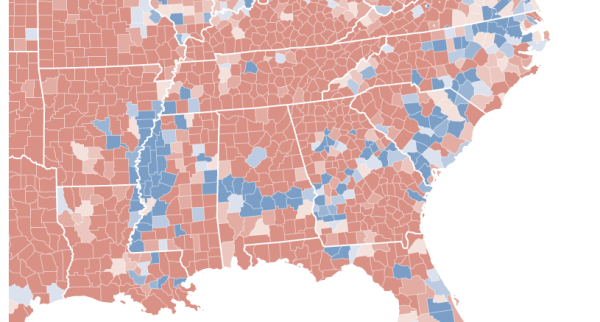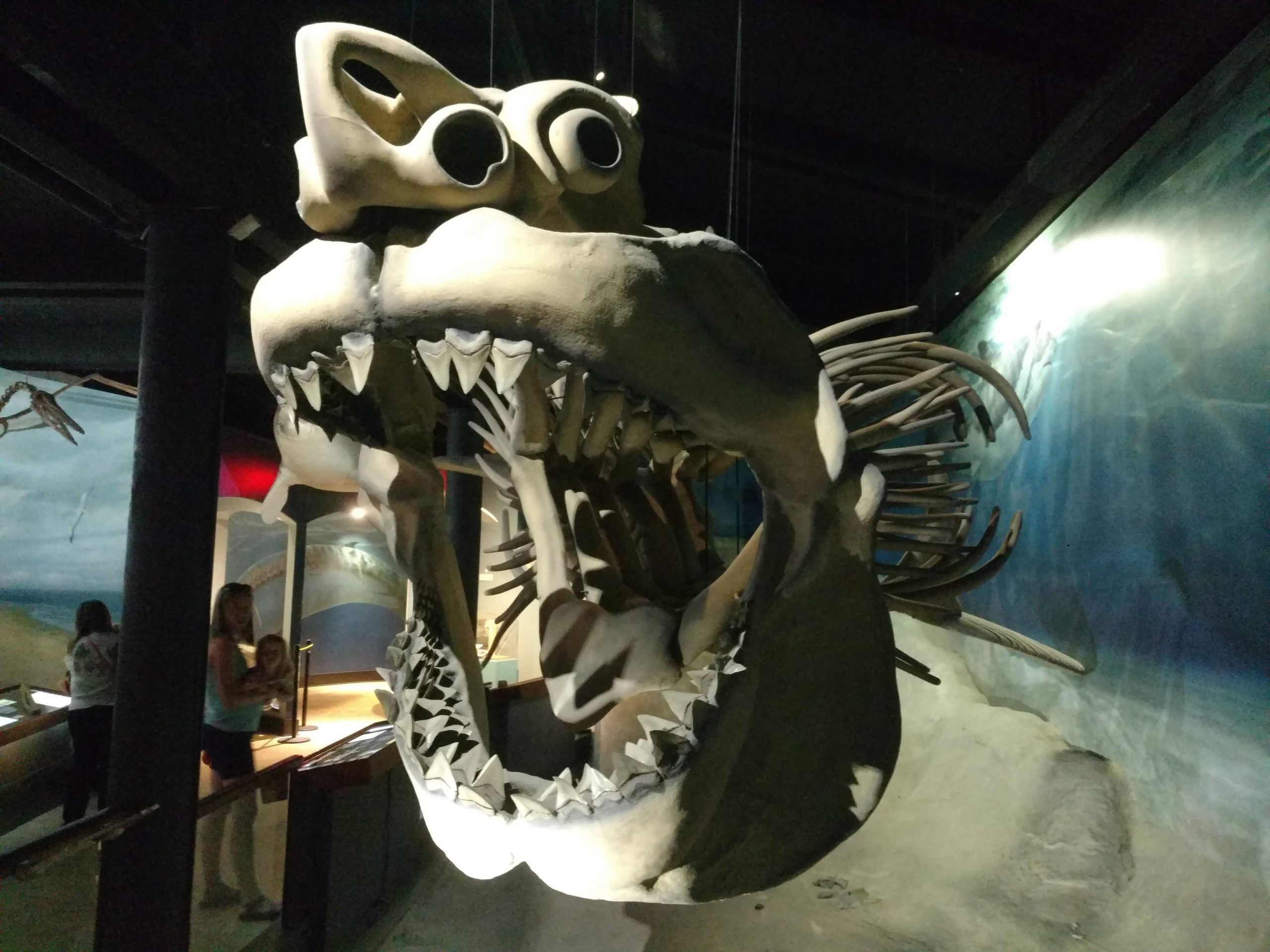The adventures of the Cephalosquad continue on our weekly marine science-themed Dungeons and Dragons podcast, Dugongs and Seadragons. This month, the party attends an academic lecture on renewable energy which gets a little out of hand. We’ve got a Patreon (separate and completely unrelated to the Southern Fried Science Patreon), where you can get behind-the-scenes clips … Read More ““If you were eaten by an owlbear, would your skeleton come out the owl end or the bear end?” This month on Dugongs and Seadragons” »
Category: Blogging
June saw a major uptick in readers, and not necessarily for the articles you’d expect. The press release that me and David put out and David’s piece on the strange history of Trump and sharks both claimed top billing, but oddly, the short piece I wrote about all the chicken coops I’ve built struck a … Read More “Oddly enough, chicken coops: What you read on Southern Fried Science in June.” »
The former President’s recent bizarre rant about sharks has gone viral on social media, but this is just the latest in a long and weird saga. These tweets are real. Did you know their backstory? July 2007: Donald Trump meets with adult film star Stormy Daniels, inviting her to his hotel room. Upon arrival, he … Read More “Donald Trump and Sharks: An Annotated Timeline” »
May has historically been one of the slowest months on the blog. The weather is getting nice and Southern Fried Science readers and writers have other priorities as the academic year comes to a close. We only published 8 articles this month and logged about 11,000 unique visitors. You were interested in the news that … Read More “Not much: What you read on Southern Fried Science in May” »
Ten years ago, freshly married and freshly relocated to Vallejo, California, I found myself in the midst of reinvention. The cycle of post-doctoral fellowships and short-term contracts necessary for an academic career didn’t suit me. I wanted stability and, importantly, I wanted freedom. Crowdfunding was new. Earlier that summer, OpenROV had shook the crowdfunding world … Read More “Small drops make mighty oceans: 10 years as a scientist on Patreon” »
April was a slow month. Most of our lead writers were tied up with classes, workshops, and other projects and we only managed to publish 6 articles this month. That’s about a third of our regular output. On top of that, we had a server outage that took us offline for a a few days. … Read More “You probably don’t want to work for me: What you read on Southern Fried Science in April” »
Dugongs and Seadragons is the only Dungeons and Dragons Podcast featuring actual marine science professionals playing D&D 5e while talking about marine science, conservation, and all things ocean. It’s been going for a long time, and jumping into the mid-point of an actual play podcast can feel like a daunting task. But we’ve got you … Read More “We Leased the Kraken! Catch up with the ongoing adventures of the Cephalosquad on Dugongs and Seadragons.” »
After a trio of very widely read articles triggered a traffic surge in February, including David’s critical expert analysis of cross-order hybridization, our visitor count normalized a bit on the old ocean science and conservation blog. A little more than 19,500 people visited Southern Fried Science in March, a roughly 50% increase from January. You … Read More “Space Crabs, Big Boats, and Fake Sharks: What you read on Southern Fried Science in March” »
12 years ago, Craig McClain wrote what is probably now the most widely read and discussed blog post in the entire ocean blogging community: How presidential elections are impacted by a 100 million year old coastline. A decade later, people are still talking about it. Watch Dr. McClain discuss this 100-million-year-old coastline on PBS Human … Read More “Dr. Craig McClain on How An Ancient Ocean Shaped US History” »
We Were Wrong About Megalodon: lessons learned from 10 years combating fake science in popular media
Twelve years ago, Discovery Channel aired a documentary so egregiously bad, so wildly dishonest, and so utterly contemptuous of its audience, that it set the entire Science Blogging Community alight. And then, a year later, they followed it up with another. This was a clarifying moment for science, and especially ocean science, blogging. We weren’t … Read More “We Were Wrong About Megalodon: lessons learned from 10 years combating fake science in popular media” »
